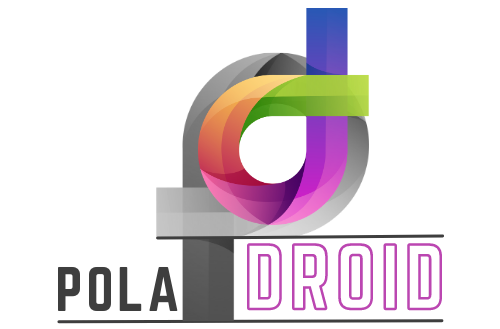AI tools are rapidly transforming how we approach mental well-being. What was once the domain of in-person sessions and expensive therapy models is now opening up through our smartphones, 24/7.
In 2025, artificial intelligence isn’t just powering our work tools or home assistants—it’s listening, responding, and helping us navigate emotions in ways we couldn’t have imagined a decade ago.
Let’s talk honestly about the value and limitations of AI chatbots for mental health—and how to choose one that actually supports you.
Key Highlights
- AI chatbots are becoming trusted entry points into emotional self-care
- They offer structured techniques from CBT, ACT, and mindfulness
- Ideal for those unsure about traditional therapy or unable to access it
- Human oversight remains essential, especially for high-risk users
- Specialized platforms now support men’s mental health more intentionally
- Ethical design and data privacy are key in selecting the right tool
Why People Turn to AI for Mental Health Support

Let’s face it—opening up about mental health isn’t always easy. You might not be ready to talk to someone.
Maybe therapy feels too expensive, too intimidating, or just… too much for right now. That’s where AI chatbots come in—not as a solution, but as a gentle starting point.
These bots are designed to feel accessible. You can open the app at 2 AM during a wave of anxiety, or sneak in a conversation during a break at work.
There’s no judgment, no scheduling, and no pressure to be “good at talking about feelings.” Just a space to express, reflect, and learn new tools to manage what’s going on inside your head.
They’re not trying to replace therapists—but they are here to fill a very real gap. And for many people, especially in fast-paced or isolated environments, that gap can feel like a canyon.
Who These Tools Are Really Helping
AI chatbots might seem like a Gen Z wellness trend, but they’re helping far more people than you’d expect. Busy professionals turn to them to manage burnout.
Parents use them to process stress when the kids are finally asleep. Students lean on them during pressure-filled exam seasons. And increasingly, men are discovering them as a safe way to explore mental health without fear of stigma.
And here’s something important: taking that first step—even if it’s just texting a bot—can lead to real, lasting change.
But it doesn’t have to stop there.
For men who want to go further, not just vent or get automated advice, but truly engage in personal growth, men’s therapy through The NorCal Center for Men offers a tailored experience that’s grounded in understanding male psychology. Their programs meet men where they are—with practical, structured, and confidential care that doesn’t feel performative or forced. If you’re navigating something deeper and you’re ready for more than AI, this is a powerful place to start.
Top AI Chatbots to Know in 2025
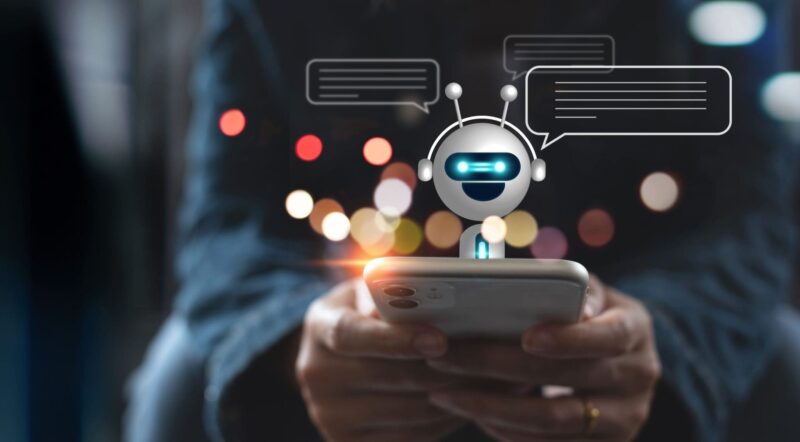
Now let’s break down the leading mental health AI platforms this year. Each has its strengths, and the key is choosing one that aligns with what you need right now.
Wysa – CBT with Emotional Intelligence
Wysa is more than a chatbot—it’s a pocket-sized mental coach. Built on clinically backed methods like CBT (Cognitive Behavioral Therapy), it guides you through stress, anxiety, or low moods with structured exercises and gentle conversation.
Why users love it:
Wysa doesn’t just reply—it listens and reacts with tools. For example, if you’re feeling anxious, it may guide you through grounding techniques or journaling prompts. It adapts to your mood and offers action-based solutions, not just empty platitudes.
Good fit for:
People who want hands-on help reframing negative thoughts or learning calming practices. Great for early intervention and daily support.
Woebot – Your Funny, Friendly CBT Guide
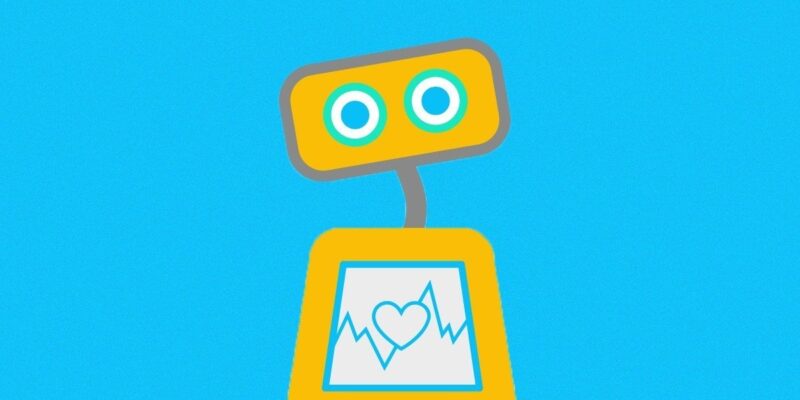
Woebot started as a Stanford research project, but now it’s a globally trusted mental health assistant. It mixes humor and science beautifully. You’ll feel like you’re texting a wise, slightly quirky friend—one who also knows CBT and psychoeducation.
Why it’s different:
Woebot’s tone is light, but the techniques it offers are serious. It’s one of the few bots backed by clinical trials and even has FDA listing for treating adolescent depression.
Good fit for:
Teens and adults who need support but get overwhelmed by clinical language. It’s warm, educational, and ideal for day-to-day emotional check-ins.
Youper – Mental Health Meets Data Insight
Youper takes a slightly more analytical approach. It’s part chatbot, part emotional tracker. You talk, and it listens—but it also monitors patterns, helping you recognize cycles in mood, behavior, and even physical well-being.
Standout features:
Youper can connect users to licensed therapists when needed. The combination of AI and human support creates a nice bridge between automation and deeper care.
Good fit for:
People who love journaling or tracking progress. It’s for the introspective thinker who wants a big-picture look at their mental health trends.
Replika – AI for Companionship
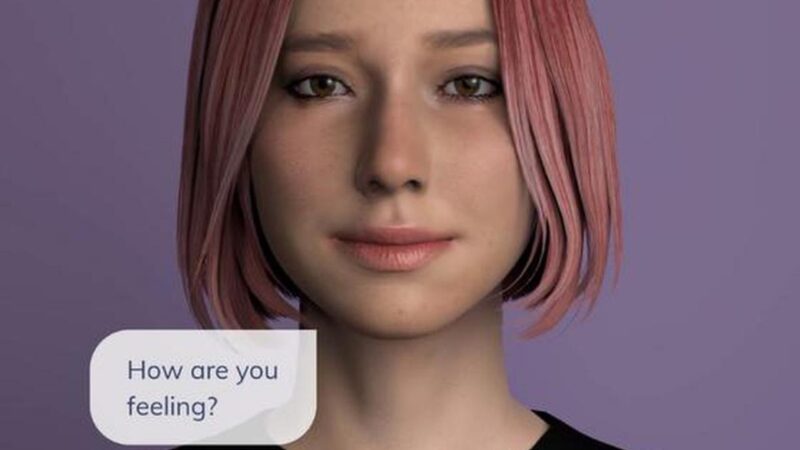
Replika wasn’t originally designed as a mental health app, but it’s become a comfort tool for many. It learns from your conversations and develops a “personality” of its own, giving you a sense of companionship that can feel surprisingly real.
Why it connects with users:
Replika provides space to talk—about anything. That can be valuable for people dealing with loneliness or those who just need to get things off their chest without worrying about judgment.
Good fit for:
Anyone craving connection or struggling with isolation. Not meant for clinical support, but offers emotional relief and presence.
What AI Chatbots Can’t Replace
This part is crucial. AI is a tool, not a therapist.
It won’t catch everything. It doesn’t always understand nuance or high-risk situations. And while some bots are trained to recognize warning signs like suicidal ideation, they still can’t intervene the way a trained human can.
If you’re experiencing deep distress, trauma, or symptoms that interfere with daily life, please consider reaching out to a licensed therapist or counselor. Many professionals now work in hybrid models or offer remote sessions, so help is more accessible than ever.
Privacy, Ethics, and What You Should Ask Before Using an AI Bot
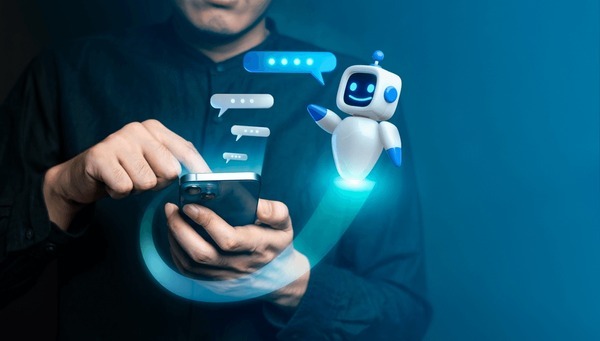
Mental health is sensitive. And any time you interact with an app—especially one where you share your emotions—you’re giving away data. In 2025, more platforms are stepping up privacy standards, but not all are transparent.
Here’s what you should check:
- Does the app store or share your chat data?
- Is it HIPAA-compliant (in the U.S.) or GDPR-aligned (in Europe)?
- Are conversations used to train the AI, and if so, is it anonymized?
- Can you delete your history or opt out of data tracking?
You deserve to feel safe, and that includes your digital safety too.
Final Thoughts: What AI Can Offer You Today
We often think of emotional support as something distant—locked behind appointment schedules, insurance coverage, or personal readiness. But AI chatbots are changing that. They give us tools right when we need them. Tools to breathe, to reframe, to pause and reflect.
They’re not perfect. They don’t replace human empathy. But they are available, and that matters.
Whether you’re just starting to explore mental health, coming back after a long break, or simply need a nonjudgmental space to check in with yourself—an AI chatbot can be your companion. And when you’re ready for more, spaces like The NorCal Center for Men are there to meet you with care, structure, and real change.
Because mental health support should meet you where you are—and help you grow into where you want to be.
